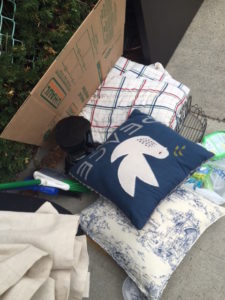
[Jean Lafitte National Park, Lafitte, Louisiana]
That arc of history may be long and slowly bending towards justice—but it’s not exactly cruisin’ down I-95, is it! Sometimes that arc moves so slowly its movement is almost imperceptible. Sometimes it pauses, curves back on itself. Sometimes, like a twisty, bendy strangler fig vine, that arc moves backwards. And it feels as though we’re living in one of those retrograde times right now.
But here’s what privilege looks like: For most of my life I’ve expected linear. I’ve expected that arc to move steadily forward. So have been mystified and pissed that, jeez, here we are again? Like so many others, “I can’t believe I’m still . . . “ I mean, didn’t we already do this? Didn’t we settle all these trenchant issues once and for all? It’s so unfair!
So, yeah, I’ve been inwardly whining. Like a three-year-old. And need to take a good, hard look at my expectations surrounding social justice. To admit that some of my stuff is ego, plain and simple and deadly. (I protested. I marched = I fixed it! Riiiight.) Some of this is about my belief that I have a “right to comfort.” On a really bad day, my resistance to accepting that, yup, Things Suck, Get Crackin’ is about not being twenty-two, anymore. I wonder if I actually have the strength and energy and fortitude to show up, resist, interrupt. But, mostly, this is about, at the deepest, most profoundly fundamental level, my cluelessness. Again. Why wouldn’t I, white and privileged, expect that arc to inch forward bit by bit. Slowly, yes. And not a crystal stair, certainly; I was never that clueless. (But close.)
So it is with both humility and fervent hope that I say: I still believe that arc moves toward justice. But it’s going to be much harder and take way longer than I ever before understood.











